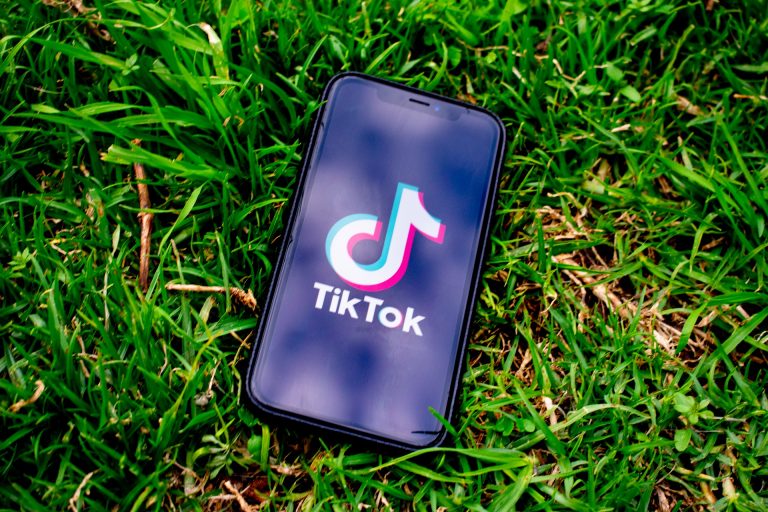The U.S. Commerce Department recently announced that it was revoking a prohibited transactions list with Chinese apps TikTok and WeChat issued in September 2020.
On Aug. 6, 2020, President Trump signed Executive Orders 13942 and 13943. The orders directed the Commerce Department to identify WeChat and TikTok transactions that pose a threat to national security and the private data of American citizens.
On Sept. 18, 2020, the Department of Commerce announced in a press release a list of prohibited transactions related to TikTok and WeChat in response to Trump’s executive orders.
“The Chinese Communist Party (CCP) has demonstrated the means and motives to use these apps to threaten the national security, foreign policy, and the economy of the U.S. Today’s announced prohibitions, when combined, protect users in the U.S. by eliminating access to these applications and significantly reducing their functionality,” the department said in the press release.
During the time, the Commerce Department stated that though the threats posed by WeChat and TikTok are not identical, “they are similar.” Each of these apps collects “vast swathes of data” from its users which includes browsing and search histories, location data, and network activity.
Success
You are now signed up for our newsletter
Success
Check your email to complete sign up
Both companies participate in China’s civil-military fusion and are required to cooperate with the CCP’s intelligence services. The use of the two Chinese apps poses “unacceptable risks” to America’s national security.
The following transactions were prohibited by the Commerce Department:
- Any provision of internet hosting services, content delivery network services, and internet transit or peering services that allow the function or optimization of the apps within the United States.
- Any utilization of the apps’ functions, constituent code, or services “in the functioning of software or services developed and/or accessible within the U.S.”
- Any provision to distribute or maintain the apps’ constituent code or updates through online mobile app stores in America.
- Any provision of services through WeChat for transfer of funds or processing of payments within the United States.
With the Commerce Department’s recent revocation decision, both WeChat and TikTok are now free from these restrictions.
Biden’s order
The revocation comes after President Biden has withdrawn several executive orders issued by former President Donald Trump which sought to ban the download of the two Chinese apps.
In the June 9 executive order, Biden also instructed the Commerce Department to monitor apps that affect U.S. national security and prepare recommendations within 120 days to protect U.S. data that is accessed or acquired by foreign adversaries.
Biden’s order focuses on the threat of all foreign apps, whereas Trump’s orders specifically targeted communist Chinese apps.
“By operating on United States information and communications technology devices, including personal electronic devices such as smartphones, tablets, and computers, connected software applications can access and capture vast swaths of information from users, including United States persons’ personal information and proprietary business information. This data collection threatens to provide foreign adversaries with access to that information,” Biden’s order states.
TikTok, WeChat threat
Republican Senator Josh Hawley tweeted that Biden’s instructions were “a major mistake.” The Senator accused Washington of showing “alarming complacency” with regard to communist China’s access to American personal data.
Many critics have warned that TikTok could be used as a spying tool by Beijing. The company has denied such accusations saying that it would not share personal data with the communist Chinese regime. In an interview with The Epoch Times, Casey Fleming, CEO of intelligence and security strategy firm BlackOps Partners, calls TikTok’s claims “propaganda and gaslighting.”
“All technology coming out of China—either manufactured in China, created in China—is controlled by the CCP,” Fleming said.
Mark Grabowski, an associate professor specializing in cyber law and digital ethics at Adelphi University, told The Epoch Times that TikTok collects “way more data than it needs to.” As an example, Grabowski pointed to the app having GPS tracking even though “TikTok videos don’t display location information.”
There is also the issue of TikTok censorship happening in the United States. In 2019, a 17-year-old from New Jersey was suspended from the platform after she made a video exposing Beijing’s treatment of Uyghurs.
Regarding WeChat, a 2020 report by digital watchdog Citizen Lab warned that non-China registered accounts are subject to “pervasive content surveillance.” This was previously believed to be restricted to Chinese accounts.
In 2019, WeChat temporarily suspended the account of Bin Xie from Houston who had shared the results of Hong Kong’s district election in a WeChat group with a caption “The pro-China candidates totally lost.”
In May, communist China’s internet watchdog Cyberspace Administration of China (CAC) had listed Douyin, the Chinese version of TikTok owned by ByteDance, as excessively collecting and illegally accessing the personal data of users.
















